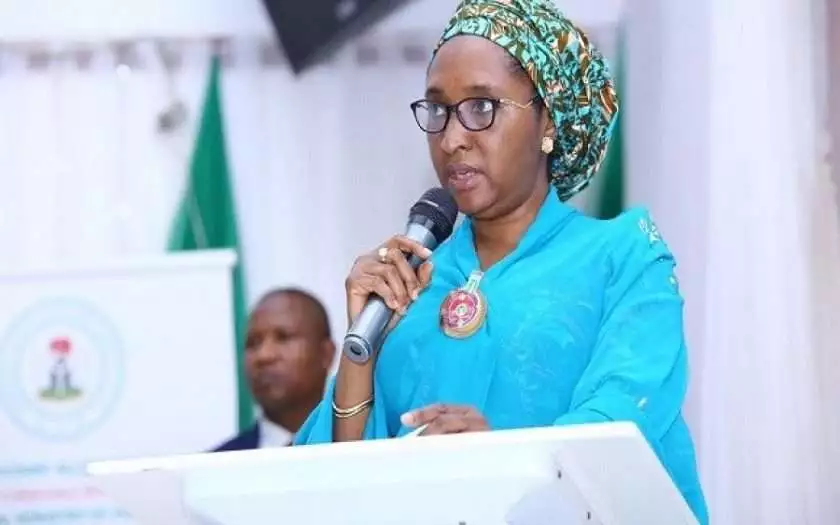Nigeria’s total debt stock could rise to as much as over $100 billion before the end of the year according to latest figures provided by the Debt Management Office, DMO.
The office, yesterday disclosed that the total debt of federal, 36 states governments in the country and FCT has risen to over $85 billion by the end of June this year.
This is exclusive of another $25 billion loan yet to be accessed by the federal government.
Recall that the Minister of Finance, Zainab Shamsuna Ahmed recently disclosed that the federal government has yet to access the $25 billion loan approved by the National Assembly early this year, from China and other development partners such as the World Bank and International Monetary Fund, IMF.
Giving the breakdown on Wednesday, the DMO said a whopping N2.38 trillion was borrowed in the last three months.
The Debt Management Office on Wednesday released Nigeria’s total public debt stock as of June 30, 2020, and put the country’s entire debt at N31trillion, indicating an increase of N2.38trn within a space of three months.
The Office stated that “The data shows that in naira terms, the total public debt stock which comprises the debt stock of the Federal Government, the 36 state governments and the FCT stood at N31.009trn or $85.897bn. The corresponding figures for March 31, 2020, were N28.628trn or $79.303bn.”
It warned further that national debt could rise further as both states and federal government apply for more loans locally and from foreign bodies. This has become necessary as authorities will look for funds to refuel the economy after the damage caused by COVID 19.
The DMO said it “expects the public debt stock to grow as the balance of the new domestic borrowing is raised and expected disbursements are made by the World Bank, African Development Bank and the Islamic Development Bank which were arranged to finance the 2020 Budget.
“Recall that the 2020 Appropriation Act had to be revised in the face of the adverse and severe impact of COVID-19 on government’s revenues and increased expenditure needs on health and economic stimulus, among others.”
Meanwhile, experts have blamed the Buhari administration for bowing to pressure from IMF to remove subsidy from essential services.
The government has recently increased the pump price of petrol and electricity to the chagrin of many Nigerians. But the administration has rebuffed the outbursts on the premise that subsidy funds needed to be channeled to critical sectors where they are badly needed.
Discover more from The Source
Subscribe to get the latest posts sent to your email.








